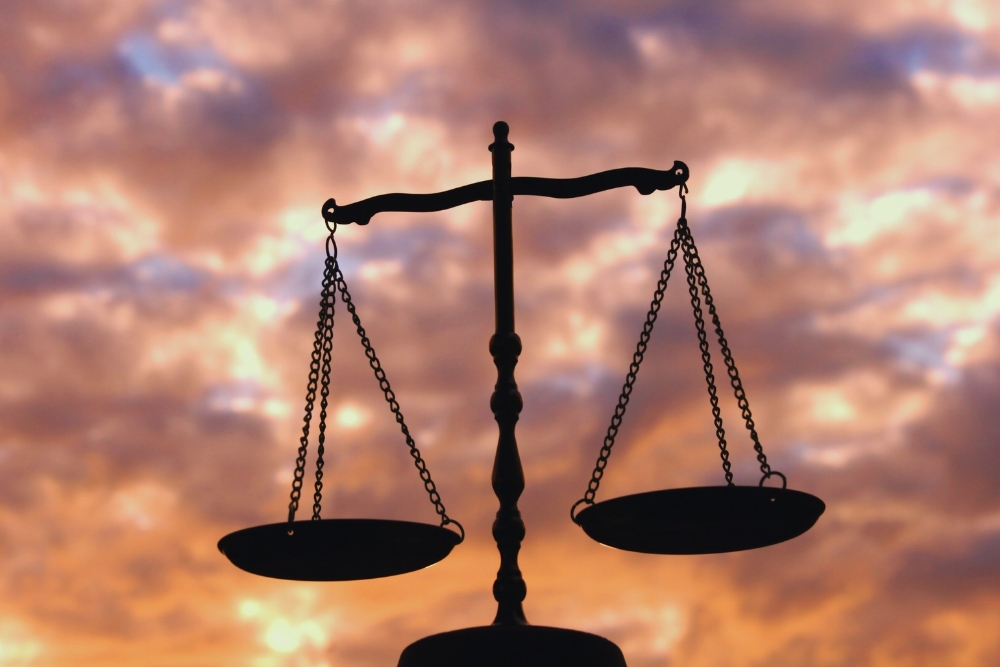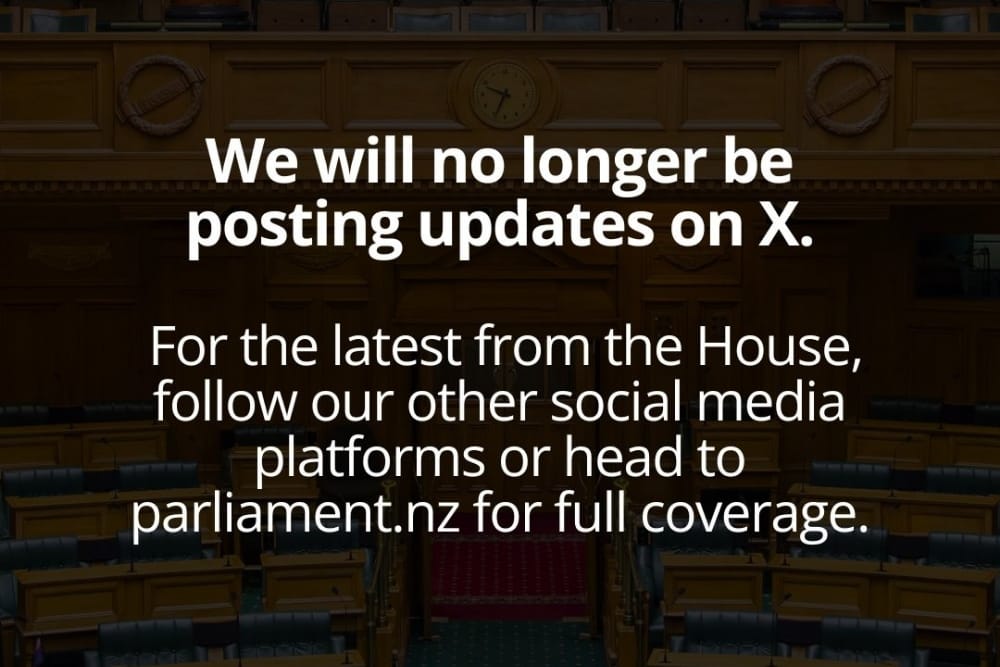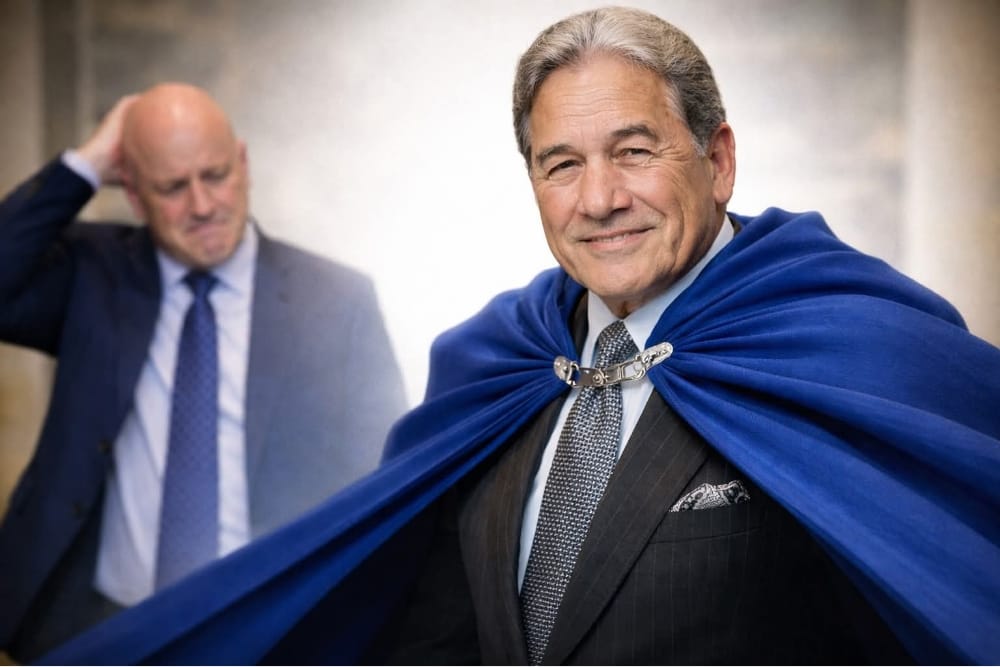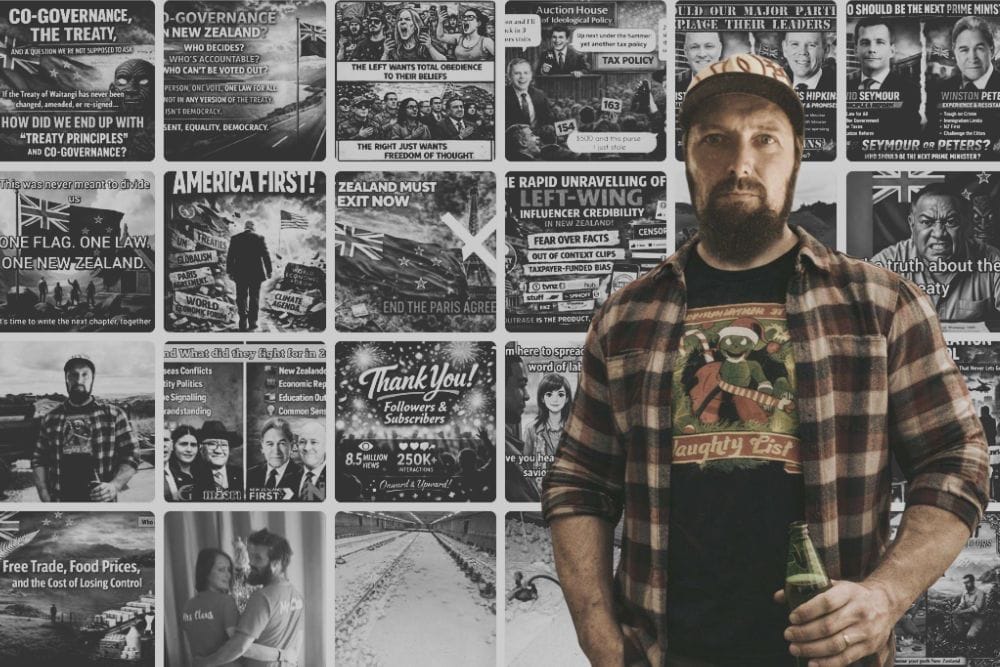By Mike Bain
The principle of choosing one’s battles is often reflected in the question: “Is this the hill I am prepared to die on?” Numerous issues are currently being debated in New Zealand, but the matter of morality has significantly diminished in prominence.
For over a decade, New Zealand’s moral landscape has shifted as various governments have passed legislation that transformed previously considered immoral acts into lawful practices. Successive governments have legalized prostitution, same-sex marriage, euthanasia, and abortion, leading to a redefinition of what was once deemed illegal.
This raises the pertinent question: Does legality equate to morality?
It is essential to consider whether these matters can be viewed as morally acceptable. Morality encompasses standards of good or bad behaviour, fairness, honesty, and ethical conduct. It implies adherence to established codes of right and wrong, indicating a person’s character and virtue.
In contemporary society, morality is now often examined through the lens of contextual morality, which asserts that the morality of an action is influenced by its specific context or circumstances.
This perspective suggests that what is considered morally right or wrong can vary depending on cultural norms, individual situations, and the consequences of the action. Rather than adhering to fixed moral principles, contextual morality emphasizes evaluating actions relative to their environment and specific details.
Those who hold traditional moral views often find themselves marginalised by louder voices advocating for change. In past decades, as an example, identifying as a Christian carried the expectation of upholding societal moral virtues. However, significant shifts occurred during the latter half of the 20th century, as New Zealand experienced a sexual revolution parallel to global movements advocating for freedom and rights.
The sexual revolution brought about new freedoms related to love and relationships, exemplified by the American protests against racial inequalities and the Vietnam War. Feminists, empowered by figures like Germaine Greer, advocated for women’s rights, including the right to abortion.
The 1980s saw further advancements in LGBT rights, despite initial setbacks such as the AIDS crisis. The homosexual community, influenced by left-leaning ideologies, sought acceptance and legal recognition. By the turn of the century, New Zealand legalized same-sex marriage and expanded women’s rights to include abortions up to birth.
Despite the legality of these actions, questions about their morality persist. As New Zealand continues to embrace formerly unconventional behaviours, there is growing concern about the erosion of traditional beliefs.
Activists now have greater influence with children, with the acceptance of differing agenda’s influencing students whether it be LGBT material or drag queens, while Christian parents face restrictions in expressing their faith within schools.
Freedom is fundamental, yet it becomes problematic when one group’s freedom impinges upon another’s. Both sides of the debate argue for their rights, but the core issue remains moral integrity. Society must critically evaluate what is next and where to draw the line.
Former National Party Leader Simon Bridges noted that the sky had not fallen after the legalization of same-sex marriage. Nevertheless, as other countries have observed, the definition of morality is becoming increasingly ambiguous.
A historical example of the dangers of contextual morality is seen in the Nuremberg Trials, where Nazi soldiers defended their actions by claiming they were following the law. Legality did not equate to morality.
Regarding New Zealand’s current stance on morality, Prime Minister Christopher Luxon has stated he will not relitigate the abortion issue. This poses the question: Which issue would you passionately defend?
It’s easy to slip on the sneakers, pop your child into the push chair and head out to the latest protest, but how convicted are you and how far are you prepared to go on that hill?
While participating in marches and protests is common, the real challenge lies in identifying the causes worth committing to, even at personal risk. Are you prepared to stand firm on your moral convictions?
Veteran broadcaster Mike Bain has worked with media throughout New Zealand and is the founder of Christian Voice New Zealand.









